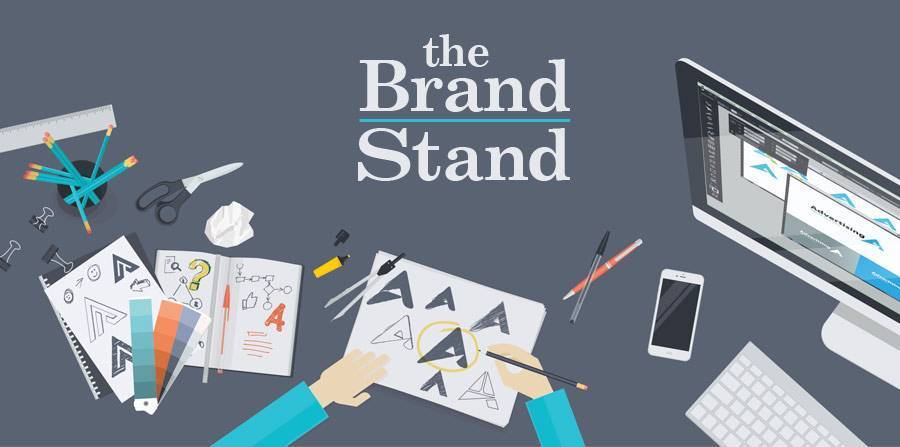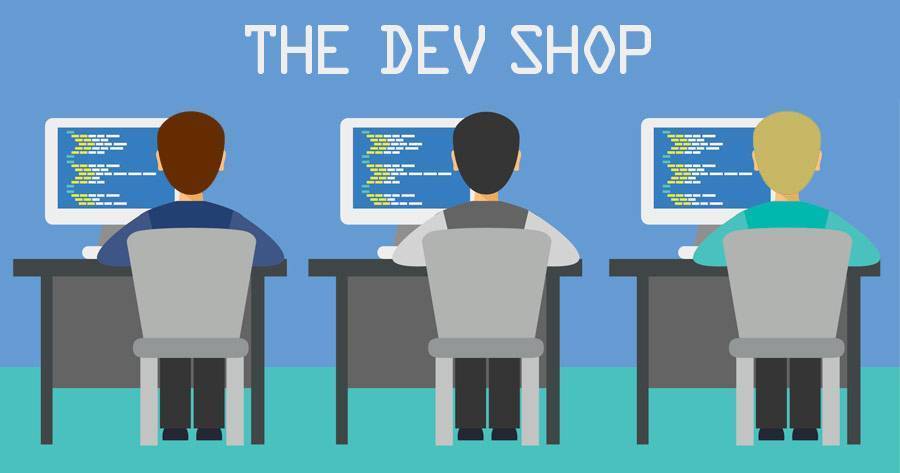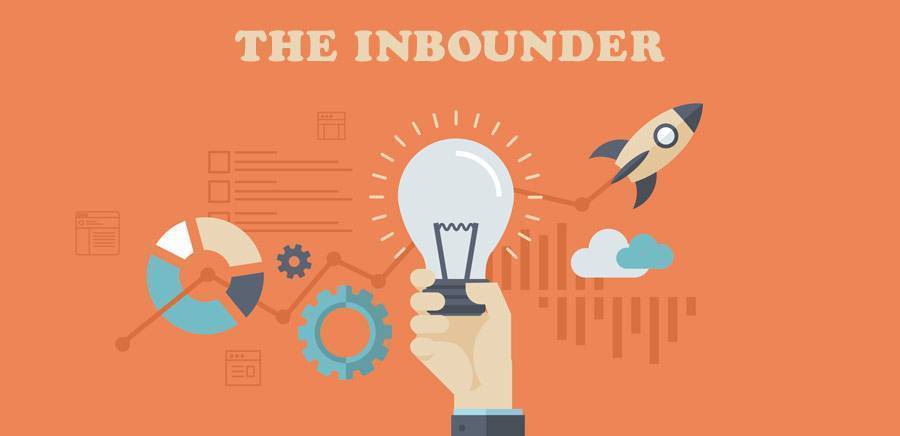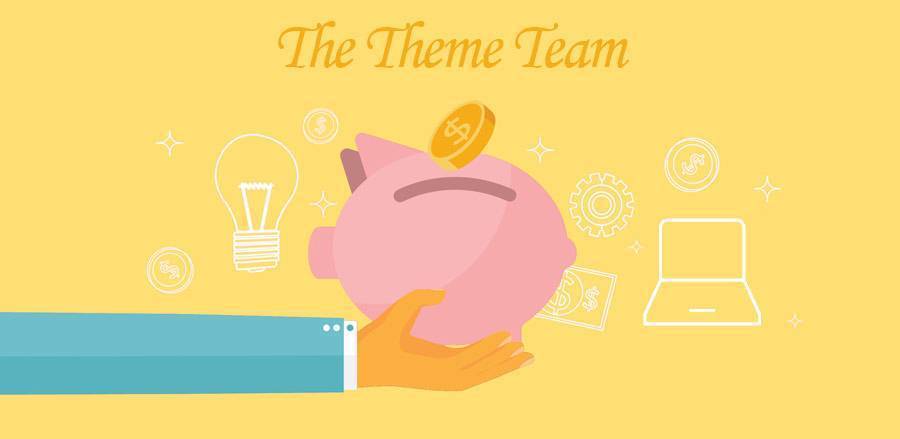

Digital Agency Stereotypes: Your Guide to Selecting the Right Vendor
Much like fingerprints and snowflakes, no two digital agencies are exactly alike.
Personnel, technology and expertise all play a role in shaping the strengths and weaknesses of an agency. When searching for an agency partner, it's important to evaluate each digital agency based on how closely their strengths align with the specific needs of your business.
To help you select the right vendor, we've created a list of some of agency stereotypes and matched them with the business problems they excel at solving.

The Dev Shop
Good fit for: Complex business problems that require significant technology to solve; Ecommerce solutions; Mobile apps
Technology is an integral component of every digital campaign, but some agencies thrive when given an opportunity to work on a project that allows them to flex their development chops. Agencies that fit The Dev Shop stereotype employ a large team of skilled programmers, developers and designers who work collaboratively using innovative technology to solve complex business problems. The more challenging the project, the more at home this agency feels.
If your project requires complex functionality such as internationalization, eCommerce functionality or any form of custom application development, you'll likely want to spend your time talking to agencies who fit this mold.
While they may have some capability to execute online marketing, Dev Shop agencies have little interest or personnel dedicated to pursuing marketing as a revenue stream. Their true strengths lie (or rather, sit) on the production side of the house with a technical team consisting of some of the most desirable employees in the job market.
Because of who they employ and the complexity of projects they seek, their blended rate and fees are going to be among the highest in the industry. Expect to get what you pay for, but don't expect your wallet to like you for it.

The Inbounder
Good fit for: Underperforming businesses that understand the value of online marketing; B2B businesses who lack market share; Businesses focused on lead generation
Typically, we associate creativity with artistic accomplishments, but interactive agencies that fit The Inbounder stereotype use creativity to attract potential customers and grow conversion rates for their clients. The name, "Inbounder," makes reference to inbound marketing -- a category of marketing activities that focuses on creating quality content to pull people toward a company or product, rather than relying on paid tactics to compete for prospects' attention.
The organizational makeup of an Inbounder agency differs greatly from the Dev Shop. The development team is likely smaller and less experienced than the Dev Shop team, but what they lack in technical knowledge they make up for with marketing ingenuity.
When possible, Inbounders make use of third party tools such as Optimizely to rapidly create landing pages and test them against each other in A/B tests. Content specialists, copywriters and graphic designers dedicate their time to creating desirable content in the form of white papers, blog posts and case studies to attract new website visitors.
Online marketers and developers work hand in hand to convert these visitors into customers -- improving the performance of landing pages, conversion forms and calls to action by tweaking colors, copy and layout.
If your priority is lead generation, consider finding an Inbounder to partner with.

The Theme Team
Good fit for: Web projects with smaller budgets
Small businesses often struggle to find room in their budget for digital. Coincidentally, America is overwhelmingly small business with 89.6% of businesses reporting less than 20 employees. For this reason, digital agencies who fit The Theme Team stereotype cater their offerings specifically to businesses in search of an economical option.
When budgets are limited, agencies are forced to improvise to make a profit. This often means reducing development time by purchasing pre-made themes and borrowing functionality from the open-source community. Compared to creating a website design from scratch, development is considerably shortened when the agency only needs to edit an existing theme. Additional economies of scale are accomplished by utilizing the same themes, plug-ins, and code on a variety of projects.
Agencies of this type are typically smaller in size. They may rely on freelance or contract workers to complete the difficult aspects of a project. The vast majority of work will be performed by a small number of junior designers and developers. They may offer marketing services to their customers, but the lack of a specialized marketing department hurts the chances of it being effective.
Although they can't produce the same quality of work as either of our previous examples, The Brand Stand agency serves a segment of the market that is much needed.
The Brand Stand
Good fit for: Startup businesses seeking to disrupt mature markets; Old brands that needs a fresh vision
Need to make inroads into an already saturated market? Unless your product or service is revolutionary, chances are the thing that is going to differentiate you is your brand.
The Brand-Stand agency stereotype refers to agencies who prefer to think strategically about your brand, but aren't necessarily positioned or interested in executing the plan. They are thinkers, not do'ers.
They get their kicks out of creating the vision for your business, and they continue to get clients because they clearly excel at it. They are largely composed of graphic designers, art directors and may potentially have a small development and marketing team. It's not uncommon for them to outsource their work to more skilled developers or agencies, but they maintain creative control throughout the entire process.
The same is true for marketing. Though they are often confused, marketing is not the same thing as branding. Marketing is tactical in nature, while branding is strategic. Correspondingly, those who excel in marketing, may not always excel in branding.
To Be Continued...?
As with most stereotypes, these generalizations are an over-simplication and are not entirely representative of the truth. Agencies don't fit in buckets, and the truth is that we all fall somewhere in between -- but there is clearly value in assessing the organizational structure of your prospective partner. Although we only included four in our list, there are seemingly hundreds more stereotypes that we could create.
Can you think of any other digital agency stereotypes to add to our list?





